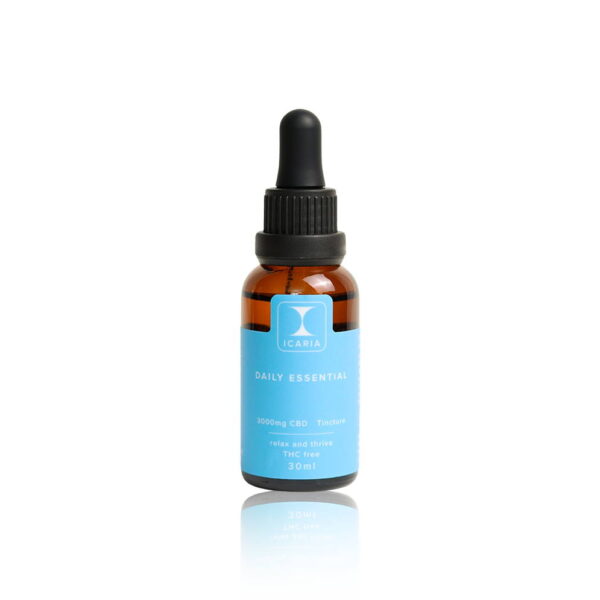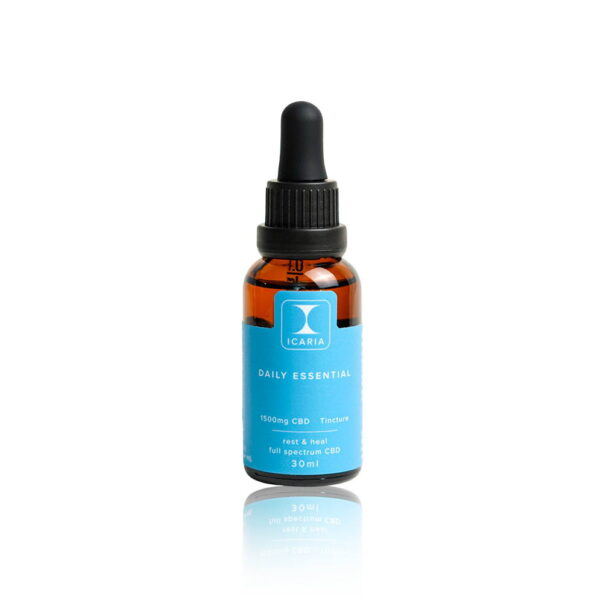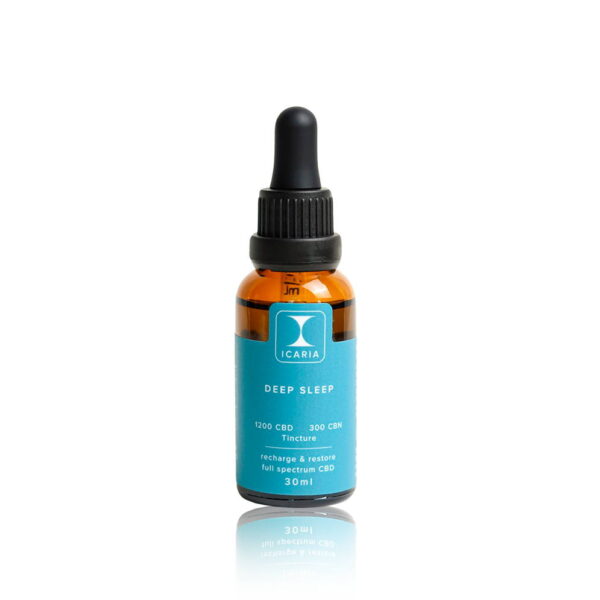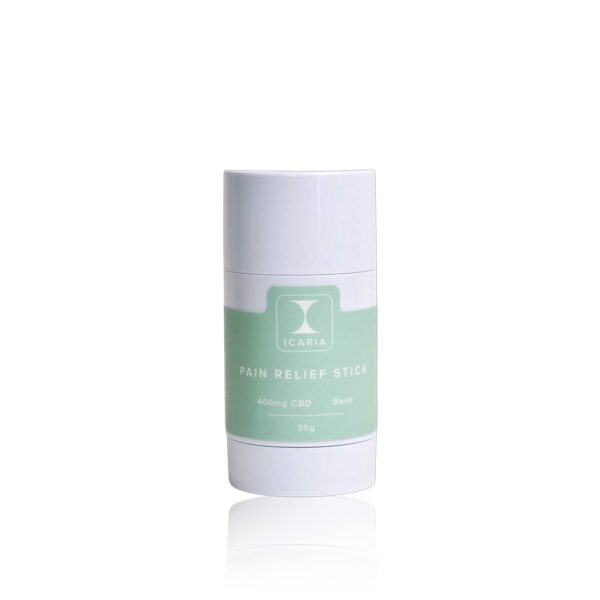Can you prevent breast cancer?
As Breast Cancer Awareness Month comes to an end, we want to remind you that breast cancer remains a significant health concern for women worldwide, and while genetics may predispose some individuals, lifestyle choices play a pivotal role in mitigating risk. In this comprehensive guide, we will delve into the top five life habits that can dramatically reduce the risk of breast cancer, with an exciting bonus that will change the came.
A Healthy Diet – Your First Line of Defense
A well-balanced diet is the foundation for preventing various types of cancers, including breast cancer. In this chapter, we will explore the vital elements of a cancer-preventative diet.
Embrace Whole Foods
Whole foods, such as fresh fruits, vegetables, lean proteins, and whole grains, are brimming with nutrients that support your body’s natural defence mechanisms. Antioxidants, vitamins, and minerals present in these foods help neutralize free radicals, the culprits behind DNA damage and cancer development. Consuming a rainbow of plant-based foods ensures you receive a wide range of nutrients beneficial for breast cancer prevention.
The Dangers of Processed Foods
Processed foods are often laden with unhealthy fats, added sugars, and artificial additives. Excessive consumption of these items not only contributes to obesity, a significant risk factor for breast cancer but also exposes your body to carcinogenic compounds. Minimizing your intake of processed foods is crucial for a cancer-preventative diet.
Exercise Your Way to Lower Risk
In this chapter, we delve into the power of physical activity as a formidable weapon against breast cancer.
Move Towards Wellness
Engaging in regular exercise promotes overall wellness by helping maintain a healthy weight, improving cardiovascular health, and boosting the immune system. Physical activity not only helps prevent breast cancer but also reduces the risk of other diseases and promotes a longer, healthier life.
Moderate Activity for the Win
Aim for at least 150 minutes of moderate-intensity exercise per week. Activities like brisk walking, swimming, or cycling can be both enjoyable and effective. Additionally, incorporating strength training exercises into your routine helps increase muscle mass, further enhancing your metabolism and overall health.
Mindful Consumption of Alcohol
In this chapter, we address the issue of alcohol consumption and its correlation with breast cancer risk.
Alcohol and the Risk of Breast Cancer
Alcohol consumption has been linked to an increased risk of breast cancer. Ethanol, the active ingredient in alcoholic beverages, can interfere with hormone regulation, potentially leading to the development of cancerous cells within breast tissue. The American Cancer Society advises women to limit alcohol consumption to one drink per day to reduce the risk of breast cancer.
Awareness and Moderation
Being aware of the link between alcohol and breast cancer is the first step. Reducing your alcohol intake or choosing non-alcoholic alternatives can significantly decrease your risk. It’s crucial to prioritize your health and make informed choices regarding alcohol consumption.
Breaking Free from Smoking
Chapter 4 addresses the detrimental effects of smoking on breast cancer risk.
Smoking and Its Connection to Breast Cancer
Smoking is a well-established risk factor for various cancers, including breast cancer. The chemicals in tobacco smoke damage DNA and weaken the immune system, making it more challenging for your body to ward off cancer cells. If you’re a smoker, quitting is an imperative step toward reducing your risk of breast cancer.
Seek Support to Quit
Quitting smoking can lead to immediate health benefits. Reach out to support groups, healthcare professionals, or smoking cessation programs for the guidance and assistance needed to overcome this habit.
Early Detection Through Breast Health Awareness
This chapter underscores the importance of self-breast exams and regular clinical screenings as early detection strategies.
Know Your Body
Understanding your body and being aware of the signs and symptoms of breast cancer is paramount for early intervention. Familiarizing yourself with your breast tissue and noticing any unusual changes is the first line of defence.
Regular Screenings
Clinical screenings, including mammograms and clinical breast exams, are critical for early breast cancer detection. These screenings are vital in identifying potential issues and allowing for prompt medical attention if necessary.
Bonus: The CBD Oil Advantage
In this pivotal chapter, we explore the addition of CBD oil to your daily routine as a promising and innovative approach to breast cancer prevention.
The Science Behind CBD Oil
Cannabidiol, or CBD, is a non-psychoactive compound found in the hemp plant. It has garnered attention for its potential health benefits, particularly its anti-inflammatory and antioxidant properties. These properties make CBD an attractive candidate for cancer prevention.
The Endocannabinoid System (ECS)
To understand the effectiveness of CBD, we must delve into the endocannabinoid system (ECS), a complex network of receptors and signaling molecules within the body. The ECS plays a crucial role in regulating various physiological processes, including those related to cancer prevention and immune response.
Anti-Inflammatory Effects
Chronic inflammation is a known contributor to cancer development. CBD has been found to modulate the immune system and reduce inflammation, potentially creating an environment less conducive to cancer growth.
Antioxidant Properties
The oxidative stress caused by free radicals can damage DNA and promote cancer. CBD’s antioxidant properties counteract these effects, helping to safeguard your cells against the harmful effects of oxidation.
Stress Reduction and Wellness
CBD has been recognized for its potential in reducing stress and anxiety. Chronic stress can weaken the immune system, making the body more susceptible to diseases, including cancer. By promoting relaxation and overall wellness, CBD may indirectly contribute to breast cancer prevention.
Conclusion
Preventing breast cancer is a multifaceted journey that involves adopting a holistic approach to health. By embracing a well-balanced diet, regular exercise, moderate alcohol consumption, quitting smoking, and proactive breast health awareness, you can significantly reduce your risk. Additionally, the potential integration of CBD oil offers a promising avenue for enhanced wellness and cancer prevention.
This comprehensive guide has equipped you with the knowledge and tools necessary to reduce your risk of breast cancer through healthy habits and the thoughtful integration of CBD oil. Always remember that early detection through regular screenings and continuous self-awareness is your most powerful ally in the fight against breast cancer. By prioritizing your health and embracing a multi-faceted approach, you can empower yourself to lead a life with a lower risk of breast cancer and improved overall well-being.







